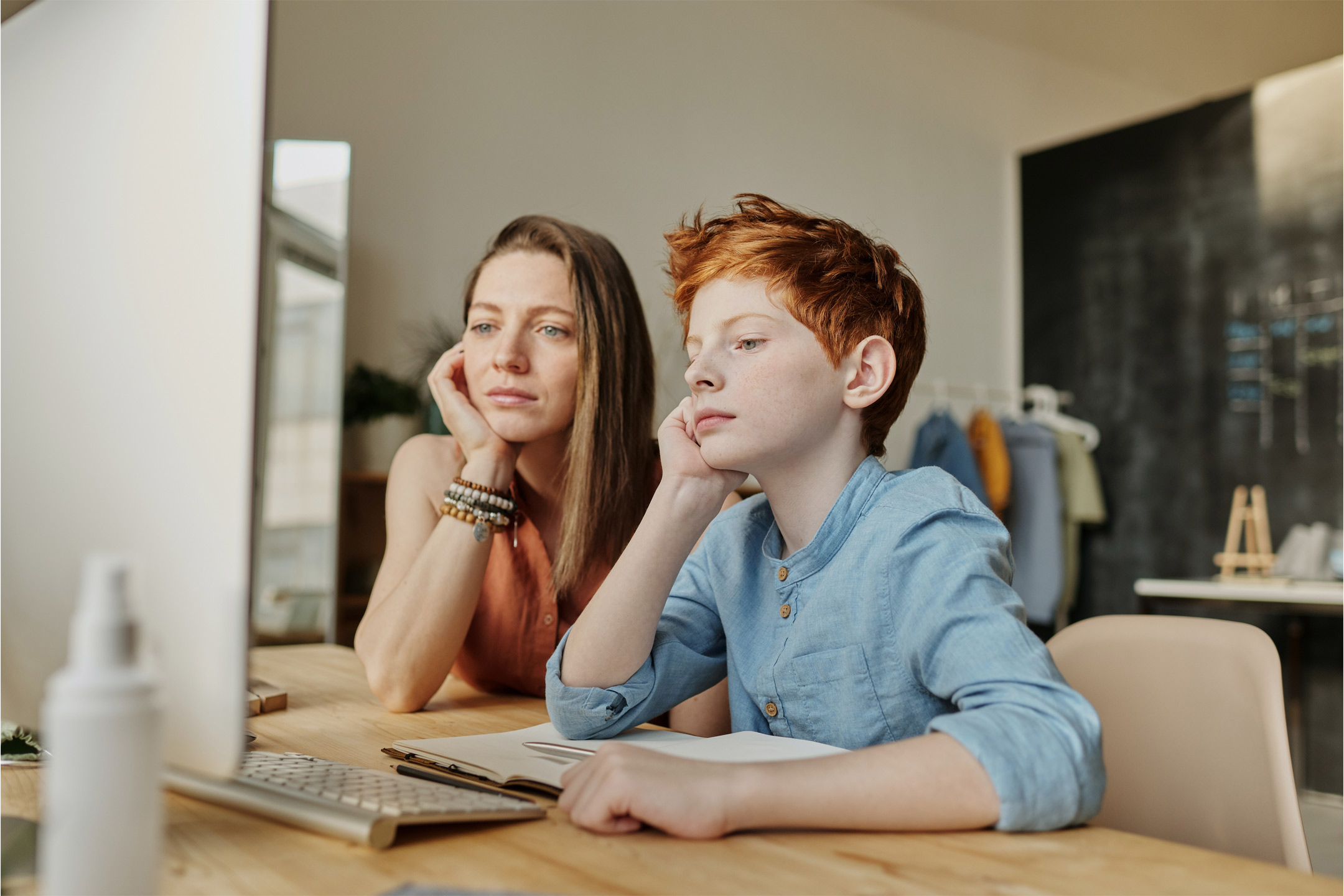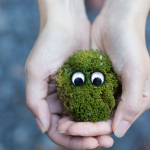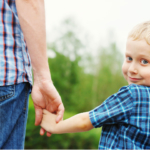
11 May 10 tips to manage work and learning from home with children
Ms Laetitia Coles, Dr Sally Staton and Professor Karen Thorpe from the University of Queensland, Institute for Social Science Research, need your input as they are conducting a study to understand the Social Impacts of COVID-19
Just two months ago, and suddenly, Australian families were asked to shift the way they managed their daily lives – to turn their home into their workplace while also taking on the task of supporting our children’s learning from home. The impact is huge. Currently, just over three-quarters of Australian parents work full-time or part-time. By the time Australian children are 4 years old, nearly 90% are in some form of education or care. During the COVID-19 global pandemic, the limitation of these external supports has hit hard. Those already juggling significant work, parenting, and domestic responsibilities, are now also simultaneously investing time into supporting home learning.
Many families with children have been dealing with making difficult decisions about who manages childcare and who supervises learning from home. This situation is likely to be particularly problematic for women. Research tells us that women are more likely to shoulder the majority of care responsibilities. Historically, decisions about who works and who looks after children have fallen along traditional gendered lines; men’s paid work is prioritised over women’s and women therefore take on responsibility for domestic- and child -care. And, as Lyn Craig recently wrote (Childmags), this is likely to be magnified during the pandemic lockdown.
To understand how individuals and families are making decisions about childcare, and managing and coping with the current situation, the University of Queensland is currently conducting a study of people’s experiences COVID-19.
This study, which is open to anyone over the age of 18 anywhere in the world, is asking individuals about their work, who they look after and care for, how they spend their time, and how their health and wellbeing is faring at this time. The aim is to understand the immediate and far reaching social impacts of COVID-19 on individuals, families and communities.
Preliminary findings from this study suggest that many families are struggling with the burden of work, care, and education. Challenges for children include missing seeing their friends and face-to-face contact with teachers and peers, and struggling to keep up with school work delivered in new ways online. Parents indicate that they are taxed by the challenge of continuing expectation of productivity in their work, while also supervising children and children’s school work. Some parents, in particular mothers, are also considering reducing their work hours, taking leave, or even resigning from their jobs in order to manage their care responsibilities. Many are already reporting feeling very burnt out.
It’s not all bad however. Some parents have been able to find positives in the current situation, such as no longer having to battle the morning traffic in commute, enjoying a small sleep-in each day before rolling to their desks and no longer being their kids’ taxi driver to seemingly-endless extra-curricular activities. Other families are enjoying extra family time on the weekends, and more active time, with fewer social obligations. There are also increased understanding and appreciation of the ‘essential work’ of the numerous childcare educators, teachers, supermarket employees, cleaners and healthcare workers within our communities.
As we face the coming weeks, this study identifies both challenges and important learning opportunities.
We suggest 10 tips that may help to minimise the negative impacts of this time on our day-to-day lives and manage the task or learning and working from home with children during the coming weeks:
- Cut yourself some slack. This is Number 1 on this list for a reason! We are in the middle of a global pandemic. You are being asked to shoulder multiple roles on top of already heavy loads. Concerns about family, friends, and the world more generally are understandable and normal. It’s important to remember that if you’re not coping or you’re feeling exhausted, there is good reason. What you are doing is not easy.
- Talk to your children. Our research has shown that hearing from children’s own perspectives is important. Talking with children – no matter their age – gives parents, carers and educators a fantastic opportunity to understand what is important to their child at this time and how they are feeling.
- Have open conversations. Talk about what you both need and ways you can both contribute to the work, care, and education of your children. It has never been more obvious that individuals have responsibilities and family obligations beyond their immediate work obligations. Research has shown that a key barrier for parents to participate in the care of children, particularly for fathers, has been when workplaces do not provide adequate flexible work options. The current situation, where significant numbers of parents are working from home, may be a good opportunity to have these conversations about how to manage and share work and care.
- Trust yourself. Some families may feel that their child is being inundated with a tsunami of learning tasks that need parent support, while others will feel that their child can manage the tasks they have been set. The current situation can provide new insights into your child as a learner and an opportunity to have frank, open communication with your child’s teacher(s) about this. If you can see that your child is struggling, speak out and remember that different children will have different learning needs.
- Break the day into small blocks. For example, consider setting a timer for your child(ren) to work in blocks of 30 minutes with 10 minute breaks in between (sometimes referred to as the Pomodoro method). This can help maintain focus for a longer period of time over the day. And it may mean you can spend less time re-directing children and more time getting your own work done (or even get some leisure time in for yourself).
- Rest assured that your child’s learning will be ok. Some experts suggest that missing some school work for this period of time will not necessarily be detrimental to their long-term educational Rather, spending time together and supporting your children’s emotional well-being may be the best gift that you can give to their development at this time.
- Take one day at a time. One of the toughest challenges in situations such as these is not having a clear idea of when things might get back to normal and how normal this will be. Focussing on things we can control in our day-to-day lives, is an effective coping strategy. For example, we can choose when we go to sleep and wake up, what we eat, how we move, and who we connect with each day. It might be handy to workshop some ideas with children and do these together as a family to give kids a sense of control over their day too.
- Talk about struggles you are facing. If you do feel like you’re not coping or you’re exhausted, find a trusted friend, family member, or co-worker, and talk to them about the very real difficulties you may be facing right now. Not only can this help, but it also gives others the permission to acknowledge and talk about the struggles they might be facing too.
- Take time to say thank you. There are clearly opportunities alongside the strains of this strange time. COVID-19 has been, for some, an opportunity to better understand and value the essential role that individuals and communities play in our lives. Take time to share a smile and say thank you to those around you.
- Share your story. When people who share their stories about how they’re coping and what they are doing during COVID-19, it makes it easier to direct resources to where they are most needed, and to help researchers understand how these situations impact you. Your story matters. You can share your experiences of life in the time of COVID-19 here.
Link to the study:
University of Queensland is currently conducting a study of people’s experiences COVID-19.



